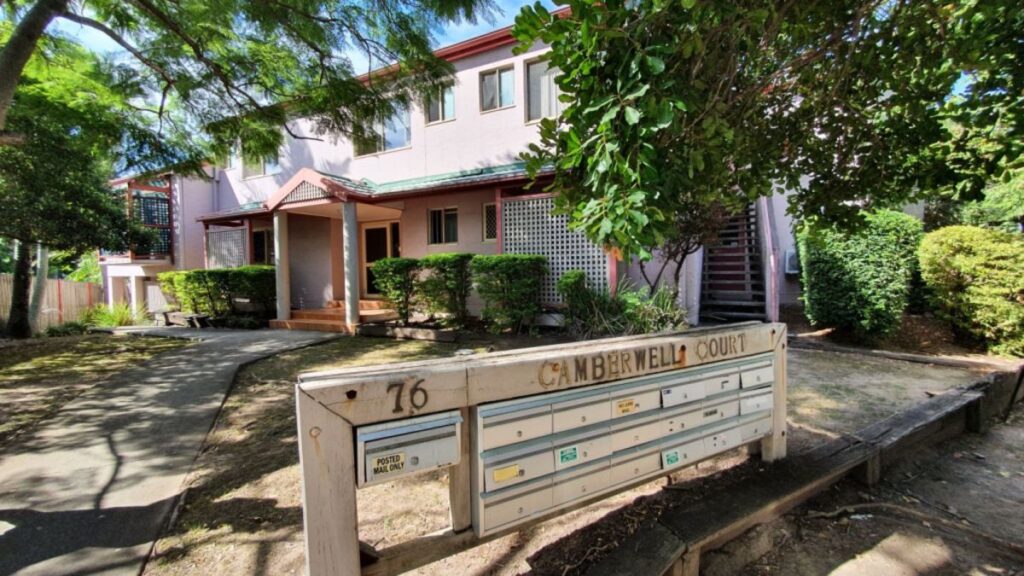I’ll be providing you with property investment tips on how to succeed as a real estate investor today. We are all aware that property investment is better and safer than stock market trading.
For people who wish to succeed financially, real estate is a fantastic property investment strategy. Gaining that coveted financial independence may be attained by being a successful real estate investor.
Compared to the stock market, property investment provides higher cash flow possibilities. However, you must be careful to avoid errors that transform so many people’s aspirations of becoming wealthy via real estate investment into nightmares in bankruptcy court. Naturally, a healthy cash flow from the rental property indicates that the investment is beneficial.
On the other side, a poor cash flow indicates that you won’t have enough cash on hand to pay off your debt. Therefore, the key to succeeding in real estate investing is locating a solid property investment opportunity. Your recurring costs will be reduced if the investment property is less costly.

6 EASY RULES FOR SUCCESS IN REAL ESTATE INVESTMENT
1. Picking the Right Market and Timing the Investment
Understanding your local market is more crucial for profitable property investment than just being aware of trends on a national level. Being smart will help you avoid paying the highest price on the market. The variables at play in your particular real estate market will have the greatest impact on your purchase and its outcome. Avoiding really hot markets is a solid general guideline for real estate investment success. Some local real estate investors may talk about how much their homes have appreciated or how rates are on the rise, but you run the danger of investing at the peak of the market and losing money.
Due to the need for financial gain, real estate markets move in cycles, and each market is now at a distinct stage of the housing cycle. You need to locate markets that are expanding, where sales and prices are increasing, the cost of living is favorable, construction is minimal, and capital investment is growing.
Your attention should also be on the location of the property inside the market if you want to succeed in real estate investing. You should invest in areas with a high population density that are growing and have access to all essential utilities.
What unites all outstanding neighborhoods is this:
Little crime
Excellent schools; parks and recreational areas; access to healthcare; family-friendly; public transit; retail centers and eateries; good walkability.
These factors all contribute to a strong demand for homes. Real estate investors shouldn’t pass up the chance if housing supply and demand are balanced since entry-level property costs are still reasonable.
2. Buy Budget
A dividend-paying stock and real estate investment are comparable. The return on investment depends on how inexpensively you purchased the commodity. You must, however, consider the return on investment. You may spend little money to purchase a modest home in a dangerous area, but you won’t make much money off of it either. Therefore, put your attention on purchasing a land or an off-plan rather than a home. As the year progresses, you purchase cheaply, save money, and get more.

3. Access the Secret Market
The best scenario is purchasing real estate from a bankrupt seller since you may obtain it for far less than its fair market worth. Search for properties with distressed sellers who haven’t yet listed them for sale.
4. Recognize the Market
Knowing the market is one of the greatest methods to steer clear of issues when investing in real estate. You can assess the cost of an investment property by having a thorough understanding of your local real estate market. Know the average home value per square foot in a neighborhood and the potential rental income for a particular investment property. Make improvements to properties that will make them more desirable to the anticipated buyer.
Never, for instance, lower the number of bedrooms in a neighborhood that welcomes families. You shouldn’t also make the master bathroom smaller or the closet smaller in order to install a hot tub that few people in the neighborhood would use. If there is limited demand for a pool, don’t tear up a fine yard to install one; additionally, consider inflation. Your chances of succeeding in real estate investing may be greatly increased if you take the time and effort to thoroughly study your local real estate market.
5. Increase Real Estate Value
Find property investment strategies to increase the property’s worth so you can benefit more from the same property investment. It can include leasing a space to a bank so they can set up an ATM. You could lease out space in the lobby for a small commissary, bringing in rental money from something that would not have increased the company’s cash flow otherwise. It is possible to search for value-added services in an apartment building. Offer garbage collection, for a little monthly cost, from someone’s door to the dumpster, as an example.
Or have the building hire a concierge or security guard. Now that the home is more appealing, you may increase the rent. This also relates to home flipping in another way. Instead of purchasing the house, remodeling it, and then selling it to a buyer, rent it out to someone. Start searching for purchasers as soon as the renter has moved in with a lease. This kind of rental property is referred to be turnkey, and it is simple to sell to a novice investor who wants to get started in real estate investing right away.
6. Take into account unconventional real estate investments
Never forget that buying single-family homes or apartment complexes can both be profitable real estate investments. You might make investments in warehouses, industrial space, storage facilities, and office buildings. These all bring in rental revenue. With a triple-net lease, where the tenant is responsible for basic insurance as well as paying the property taxes and maintenance, you might be able to lower overall costs when renting out offices and industrial buildings. Your property investment then generates consistent cash flow with minimal out-of-pocket costs.
Final thoughts
If you’re just starting off with property investing, you’ll find the recommendations we just mentioned rather beneficial. Feel free to look over them again while remaining tuned for our upcoming update.
Other resources:
Simple tips from an expert for working with buyers agency brisbane
The best way to prepare for your Brisbane home buying

